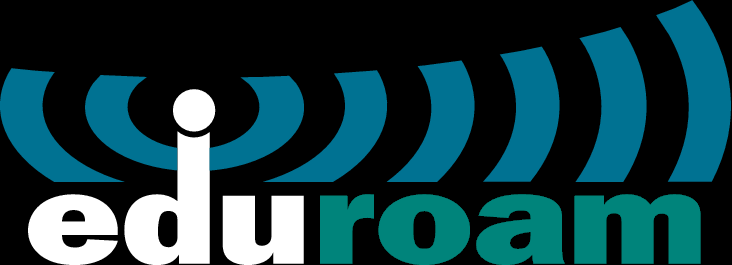|
|
| Line 1: |
Line 1: |
| | <br> [[File:EduHeader image.png|center|link=]]<br/> | | <br> [[File:EduHeader image.png|center|link=]]<br/> |
| − | == About eduroam ==
| + | [[Eduroam Chaing Mai University | About eduroam]] |
| − | === What is eduroam ===
| |
| − | eduroam (education roaming) is a secure international roaming service for the international research and education community. eduroam allows users from participating institutions to obtain Internet connectivity across campus and when visiting other participating institutions by simply opening their laptop.
| |
| − | | |
| − | eduroam is based on a federated authentication model where your username and password are validated at your home institution (identity provider) and access to authorised network services are controlled by the visited institution (service provider).
| |
| − | | |
| − | === History ===
| |
| − | The eduroam initiative started in 2003 within TERENA's task force TF-Mobility which demonstrated the feasibility of combining a RADIUS-based infrastructure with IEEE 802.1X technology to provide roaming network access across research and education networks and was based on the initial federated 802.1X authentication work of the Open1X Group at the University of Utah in 2001. The initial test was conducted among five institutions located in the Netherlands, Finland, Portugal, Croatia and the UK. Later, other national research and education network organisations in Europe embraced the idea and gradually started joining the infrastructure, which was then called eduroam. Portugal was the first country to have eduroam and national mobility through eduroam available in almost all its institutions when the national government sponsored a project to deploy Wi-Fi networks in early 2003.
| |
| − | | |
| − | It soon gathered consensus outside Europe. The first non-European country to join eduroam was Australia, in December 2004. eduroam has evolved into a federation of federations (con-federation), where the single federations are run at national level and they all connect to a region. To date there are two confederations: the European and Asia-Pacific (APAN).
| |
